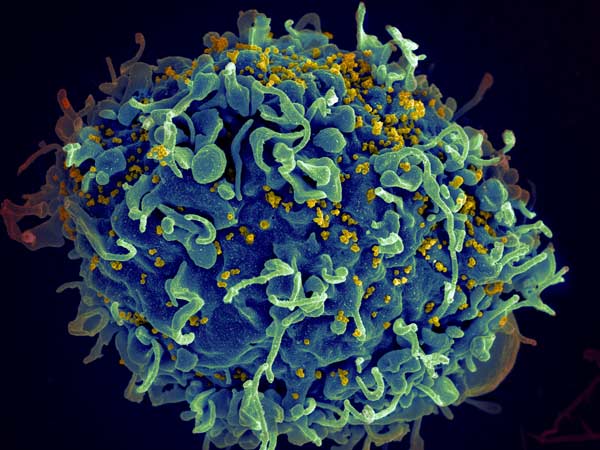Suspensions of Top Health Officials are Imminent

An article by the Daily Maverick reveals that a wave of suspensions in the Department of Health are impending as a result of the investigation into the Digital Vibes contract, which prompted the resignation of Dr Zweli Mkhize.
Minister of Health Dr Joe Phaahla said that he received a letter from the Special Investigations Unit (SIU) which he would have to act on.
Dr Phaahla said that “in the next few days and weeks there will unfortunately be some action and that will have some impact also on our capacity as a department”, adding that “when wrong things have happened and investigations have led to findings, then people have to be held answerable”.
However, Dr Phaahla said it was regrettable since “it will have an impact on our capacity, because from what I have seen, a number of people will have to be on suspension, pending charges.” He said it would be difficult for the vaccination programme as management staff were already stretched thin, but “it’s a consequence which must follow”.
Drs Buthelezi and Pillay denied any knowledge of suspension, though the Daily Maverick has found out that referral for disciplinary action have been sent to the presidency.
The details of the SIU’s investigation have not been made public yet, although the Daily Maverick was able to tease out some details from an affidavit to set aside the Digital Vibes contract and to seeks to reclaim up to R150 million that was paid for the contract.
The affidavit further reveals that Dr Mkhize allegedly pressured the previous Director-General, Precious Matsoso, to employ Tahera Mather to be contracted for communication.
Precious Matsotso was replaced after an unblemished ten years by Dr Anban Pillay, who had been Deputy DG. Dr Pillay then became the active facilitator for the Digital Vibes contract, the affidavit suggests — a matter in which the DIU has also referred to the National Prosecuting Authority.
The current DG, Dr Sandile Buthelezi, who replaced Dr Pillay, is also noted as approving payments to Digital Vibes, though the DIU states it is not seeking any relief against him other than setting aside of relevant agreements.
The situation still has a way to run, with disciplinary inquiries, the Special Tribunal hearing and NPA investigations all ongoing.
However, the Daily Maverick warns that it is clear that this critical government department is in “freefall” and will not have the capacity to deal with South Africa’s health challenges in the months and years to come.
Source: Daily Maverick


